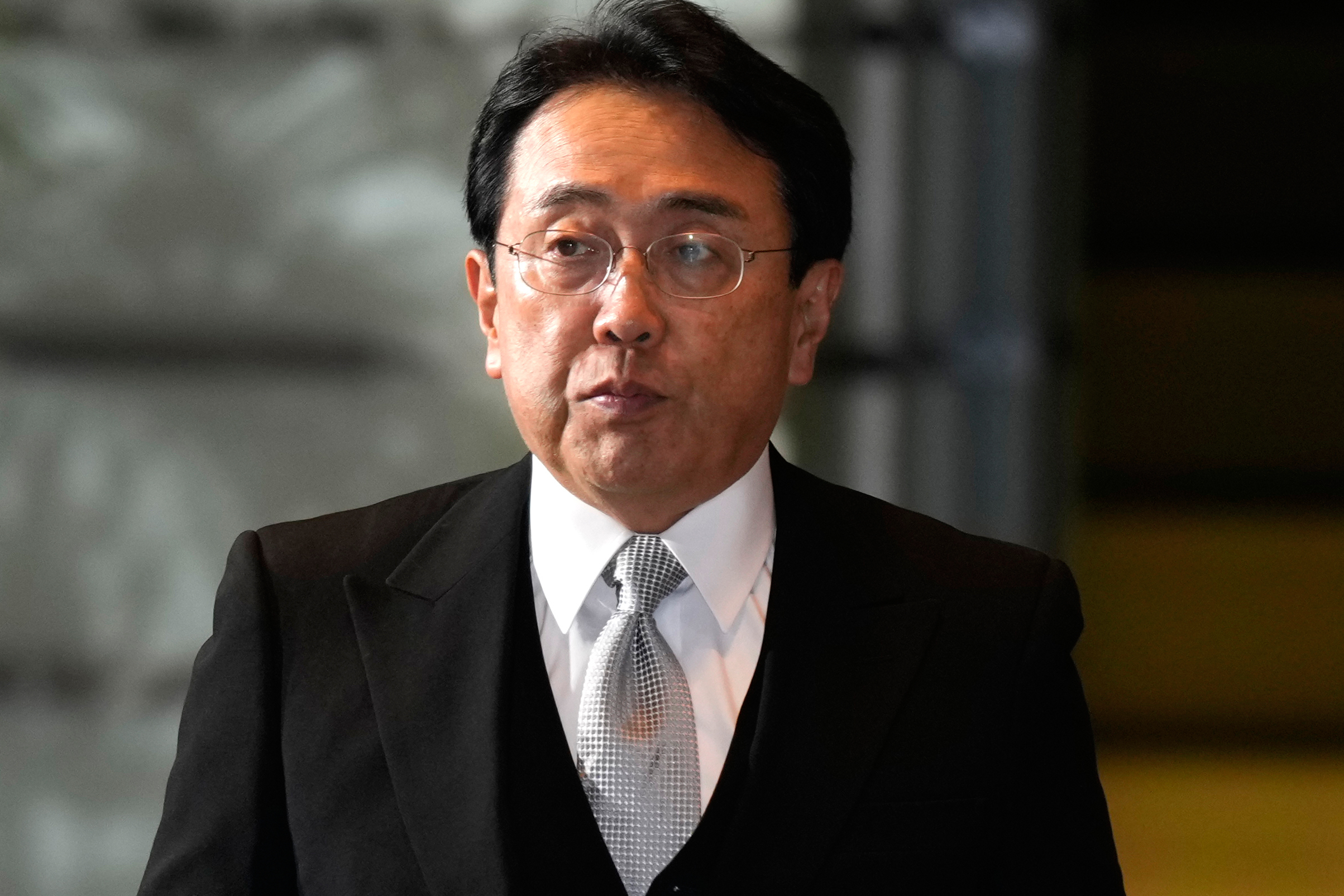The United States has acknowledged an “error” in how it implemented its trade deal with Japan and has vowed to rectify it, according to Japan’s chief tariff negotiator, as reported by Kyodo News Agency on Friday.
Ryosei Akazawa, who is currently in Washington for talks with American officials, said that the US has agreed to reimburse the import duties that were charged due to the error.
Akazawa has conferred with US Commerce Secretary Howard Lutnick and Treasury Secretary Scott Bessent after arriving on Tuesday, seeking a quick reduction in auto tariffs aligned with the recent bilateral trade agreement.
The primary concern is whether the 15 per cent tariff imposed by President Donald Trump on Japanese imports will be applied in addition to the existing duties, as per the agency’s report.

On Thursday, Japanese Prime Minister Shigeru Ishiba urged Trump to revise his executive order regarding the increased tariffs imposed by Washington.
As part of the trade agreement, Japan has committed to enhancing its investment in the US through a $550 billion initiative, while the US will lower its tariff on imported Japanese vehicles from the current 27.5 per cent to 15 per cent. However, the timeline for when this new rate will come into effect remains uncertain.
Given that the automotive sector is vital to Japan’s economy, extended higher tariffs could negatively impact major automakers such as Toyota and Honda, which have a significant dependency on the American market.


 Trending
Trending 
